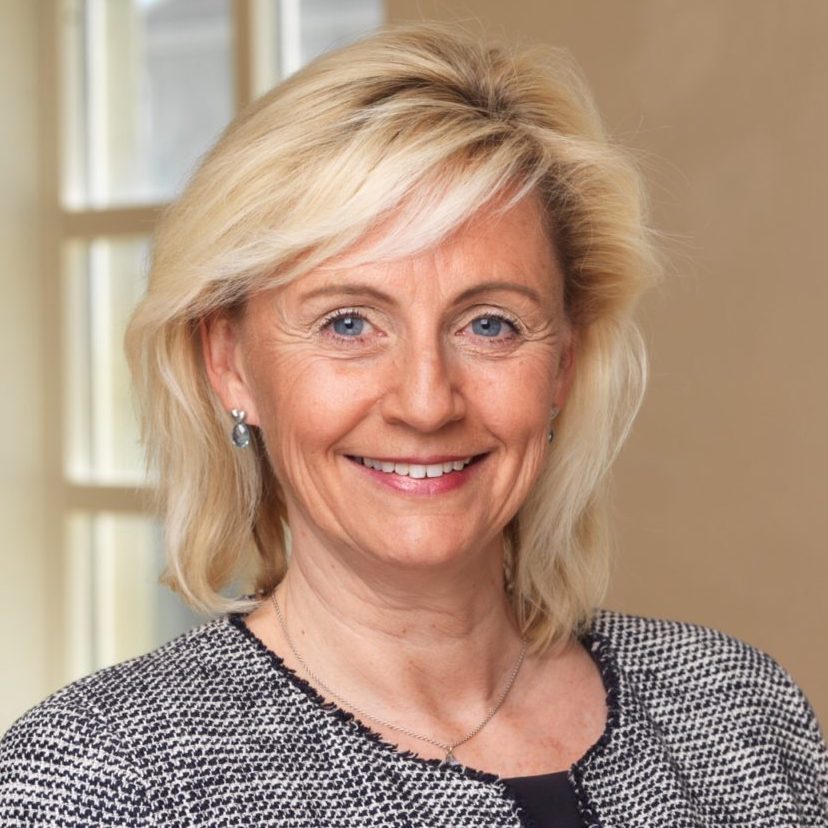
We are immersed in change. Social and economic upheaval in Europe. Brexit. A shocking US election. The political landscape is dramatically different from just a few years back. Simultaneously, technology, business models and markets are changing at breakneck speed.
Adding fuel to fire, some of our most respected companies have been involved in scandals, which erode trust—not only in the brands and companies and individuals involved, but in entire industries, and in business, in and of itself. As board directors, does this concern us—and are we concerned? Yes, it does, and yes, we are.
The keystone of healthy governance
Whether board directors or business executives, we must acknowledge that recent corporate scandals—such as Dieselgate and the Panama Papers—have compromised a trust that was already worn thin. Closer scrutiny is only to be expected.
We need to acknowledge that it is on this background we are seeing powers being regulated away from boards of directors, and into the hands of shareholders and authorities. Because when business misbehaves, government replies in its own native language: with regulation. But regulators also need to acknowledge that there are limits to what can be achieved by way of regulation.
In ecoDa’s view, the essential point is making market discipline work. While we recognise that regulations are sometimes necessary, there comes a point when regulators need to consider whether more can be achieved by supporting voluntary initiatives.
This is why we are focusing on the functioning of the “comply or explain” principle. Last year, we published a report on the monitoring of corporate governance codes, and we are currently engaged with Mazars in the second phase of this project, to see if boards are taking the “comply or explain” exercise seriously.
Shift focus from compliance to application?
We are also looking forward to taking a closer look at the King IV Report on Corporate Governance for South Africa 2016, which was recently launched in Johannesburg. Its shift from “comply or explain” to “apply AND explain” could herald a major switch in corporate governance thinking.
For today, we know too much to focus on maximising profit alone. This is not a time when business and industry can afford to stand on the sidelines. Instead, every board of directors must ask: “What is the purpose of this company—and how can we contribute?”
The essence of good governance is making the enterprise not just more governance-compliant, but more successful and sustainable for all. Companies should develop a governance model that helps them attain their corporate goals and enables effective decisions in the long-term interest of their company, their shareholders, and other stakeholders. If, instead, we confine boards to a compliance exercise, the day will come when we question their added value.
Trust is key
As ecoDa president, I’ve made it my business to talk about trust. Companies need to understand that if they compromise their bond of trust with society, today’s regulators will find out, and today’s customers and shareholders will migrate elsewhere.
Whether you see regulation as an expression of mistrust or not, the simple fact of trust remains: trust is earned, not bought. Building trust is not a matter of proclamation, but of steady work, in every board, company, and national institute of directors—ever mindful that in today’s globalised reality, trust built over decades can be destroyed in a minute, and that what affects one, affects us all.
If you think that sounds gloomy, think again. The flip side is that, when you do good work, build trust, and succeed, your success will be more sustainable, and a great deal more satisfactory. Your organisation’s people will be happier too: for where trust is robust, people are comfortable, more efficient, more confident in their decisions, and work better together.
At the end of the day, people like to do business with people and companies they trust. As volatility increases—in terms of technology, business models, markets, and political and economic unrest—the value of that trust will multiply. And that is why building trust is also building your company’s future.
Turid E. Solvang is president of ecoDa, the European Confederation of Directors’ Associations.





